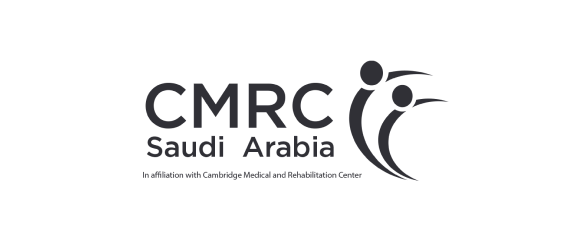On a mission to humanize healthcare
Your journey to person-centered excellence starts with Planetree.





Why Person-Centered Care?
Person-centered care is an evidence-based framework for improved patient and family engagement, better clinical outcomes, increased staff retention and recruitment, and high-value care. It places patients and caregivers at the center of the care experience and unites communities around health and wellness.
Our Approach
The leader in person-centered cultural transformation
9 Million+ Patients
impacted globally
800+ Organizations
adopting our person-centered approaches
35 Countries
partnering on our mission


The challenges you face are the solutions we provide. Explore our services.
Our clients are leading the way in person-centered excellence throughout the world
















Let’s chat about creating healthcare transformation today
Get in Touch

